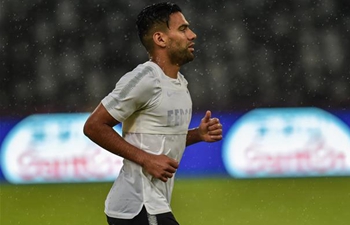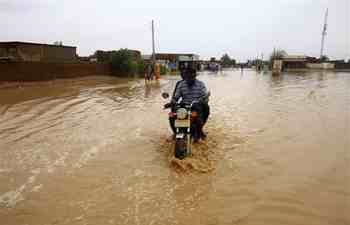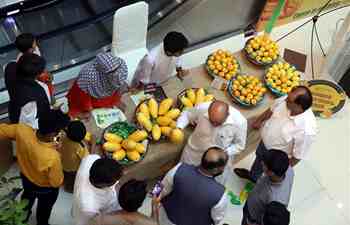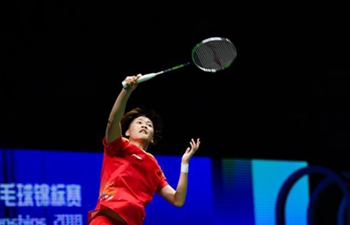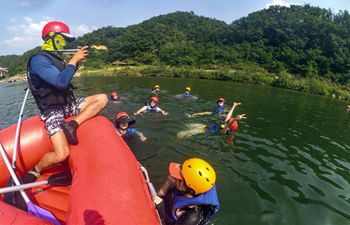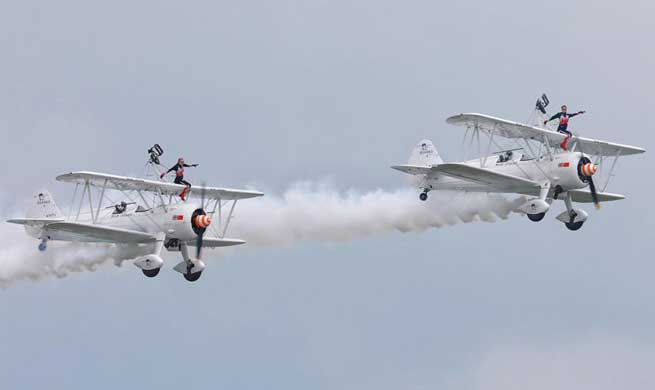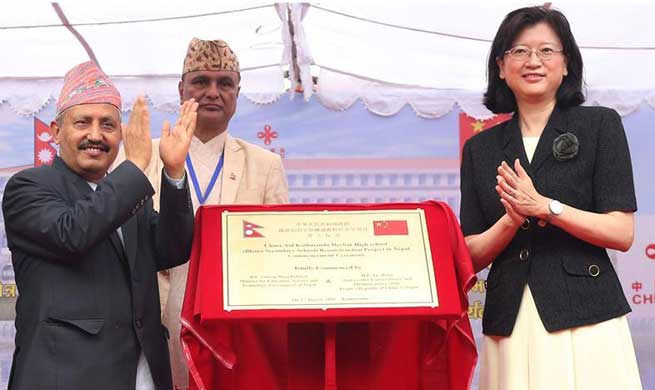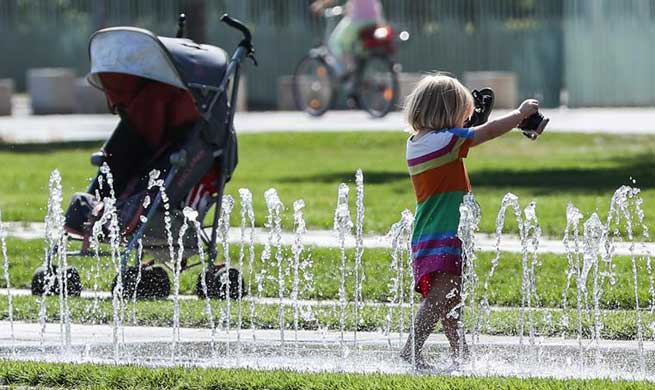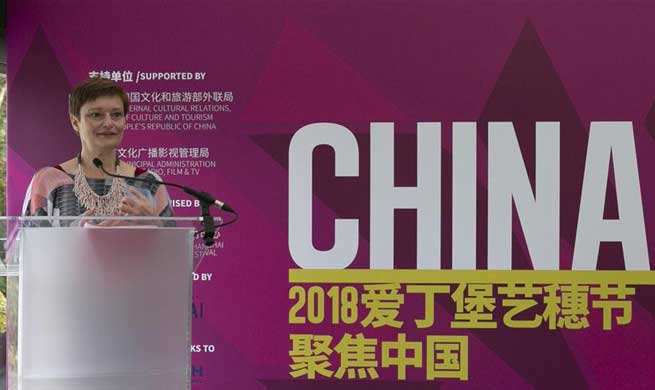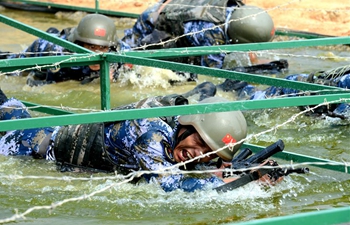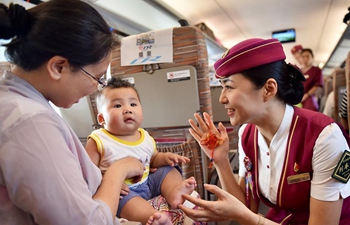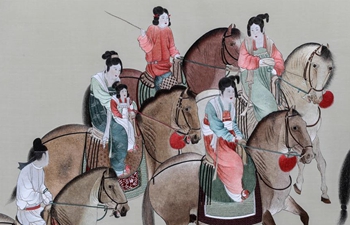by Juan Limachi and Carlos Acat
LIMA, Aug. 3 (Xinhua) -- Peru is working to strengthen the Pacific Alliance by setting up an infrastructure fund and developing a strong capital market, Peruvian Minister of Economy and Finance Carlos Oliva said Friday.
The South American country assumed the rotating presidency of the Latin American trade bloc, which also includes Mexico, Chile and Colombia, during the group's summit in the Mexican resort of Puerto Vallarta in July.
"The world is moving at a certain speed and we have to catch up with that speed," Oliva told Xinhua.
In the field of finance, the alliance aims to promote an Integrated Latin American Market (MILA) that comprises the stock exchanges of all four members.
"It has to do with the development of the capital market. We have made some progress with the MILA and the funds passport, but we are aware that we need to keep moving forward," said Oliva.
The funds passport would make it easier for market managed funds to cross borders as part of the push to consolidate the capital market of the Pacific Alliance, which accounts for 38 percent of the regional gross domestic product (GDP).
The bloc is also working to set up a common fund to finance infrastructure projects.
"Between the four countries of the alliance, we have a portfolio of approximately 86 billion U.S. dollars in projects," he said.
The bloc's council of economic and financial chiefs is determined to ensure financial resources to develop projects through public-private partnerships.
"That is already making headway. The Inter-American Development Bank, right now, is helping us to decide who the manager of the fund will be," said Oliva.
There is a third goal of special interest for private enterprises in the four member countries -- to enhance competitiveness, especially in the financial sector, he said.
"We have to bring in legislation, which isn't going to be identical in each country, but will provide certain guidelines in common, to help us integrate and make the most of these tools," said Oliva.
FREE TRADE
Carlos Gonzalez, of Peru's Association of Exporters, said the alliance should bolster free trade among its members.
Exporters, Gonzalez said, would like to see alliance members standardize laws that regulate trade flow in certain areas, such as processed foods.
"It requires some type of legal modification that governments have to carry out" to ensure that there is one common regulation for all four countries, he said.
Gonzalez said that the transition of power in Colombia and Mexico, where new presidents are set to take office, will in no way alter the alliance's development plans. Peru and Chile, meanwhile, are committed to the goal of strengthening the bloc.
Maria Osterloh, an international trade consultant, spotlighted the plan of alliance members at the last summit to strengthen the bloc's ties with the Southern Common Market (Mercosur).
Together, the two blocs account for 81 percent of Latin America's total population and 86 percent of regional GDP.
Osterloh, a researcher at the Institute of Andean Political Studies, agrees with Oliva that the alliance needs to consolidate the capital market between its members, as well as to promote the fluid movement of people, goods and services across their borders.
"The idea is to establish value chains between them, where some countries produce parts and components that are assembled in other countries," said Osterloh.
Private-sector players within the alliance support multilateralism and open trade, and "value negotiating at the World Trade Organization to avoid trade wars and protectionism," said Osterloh.
The Pacific Alliance, which represents a market of some 223 million consumers, has also attracted associate members and observer states, some of which have applied for full membership.




